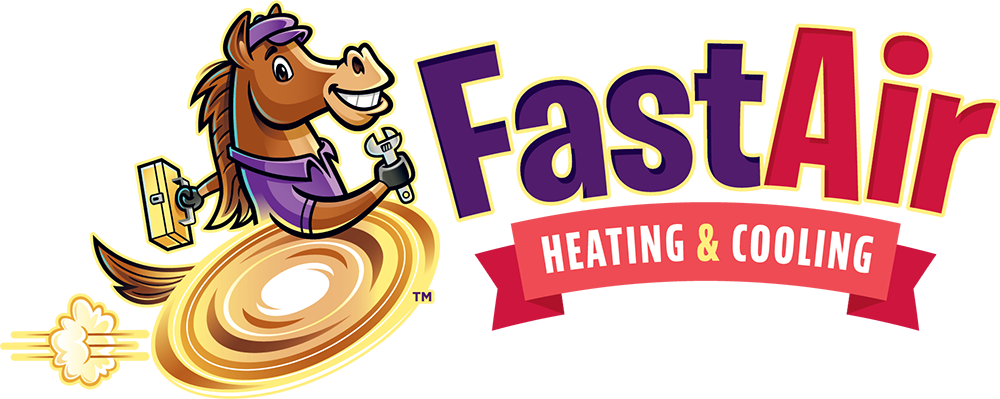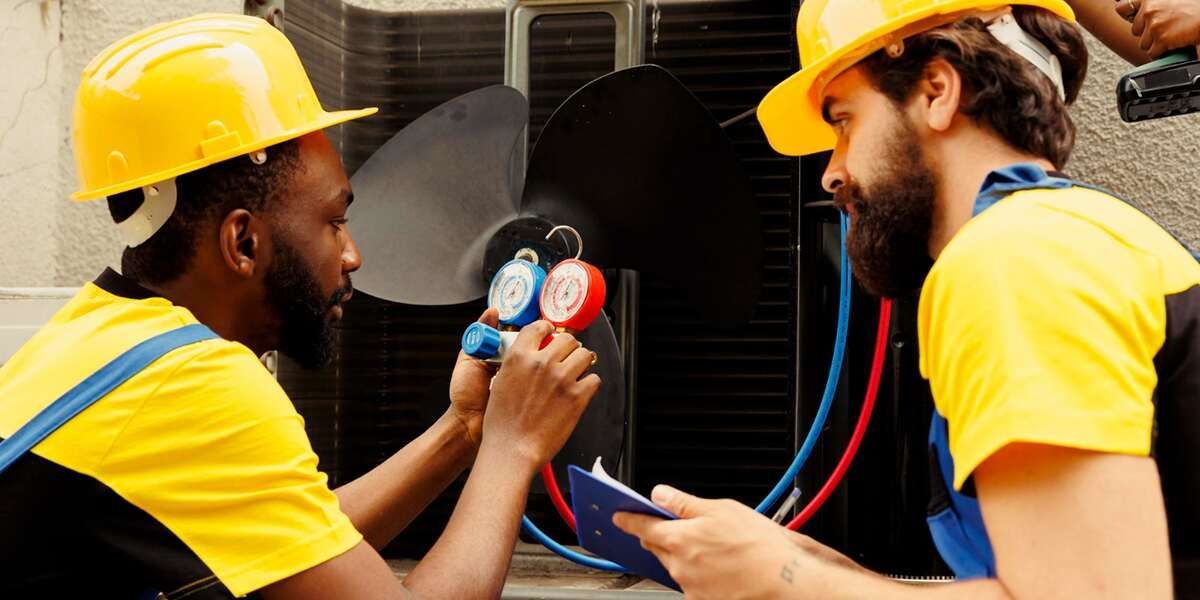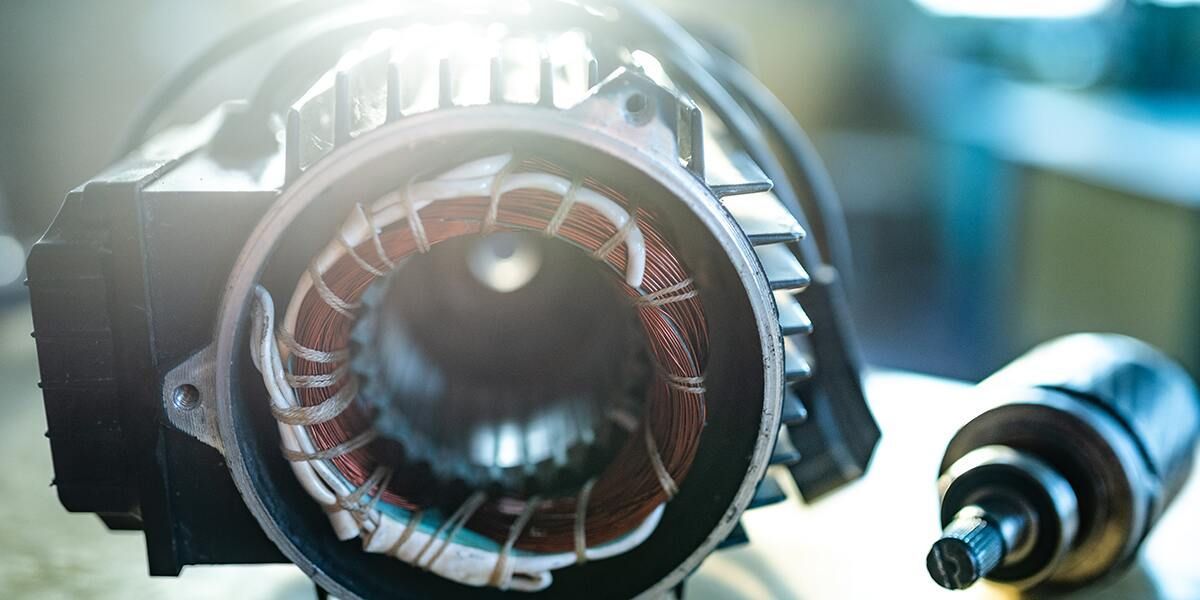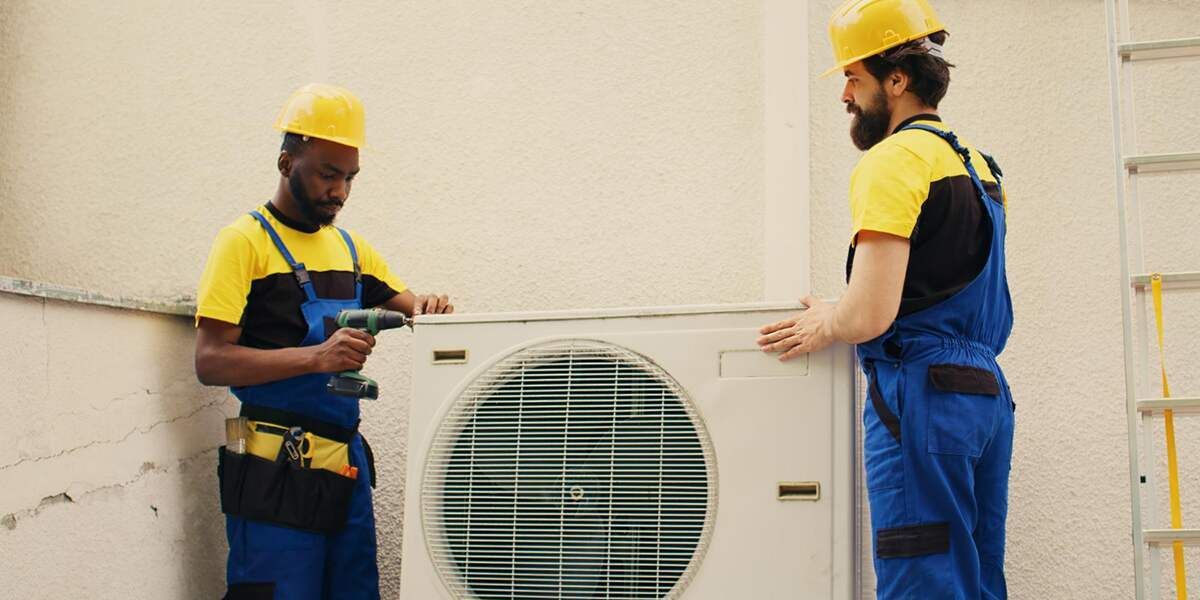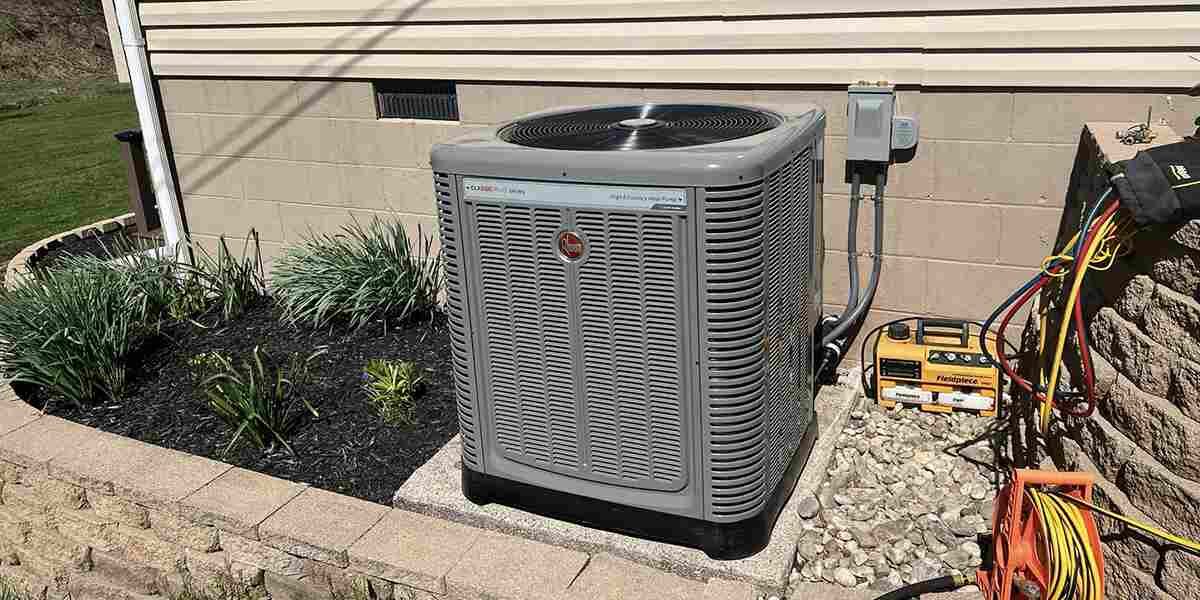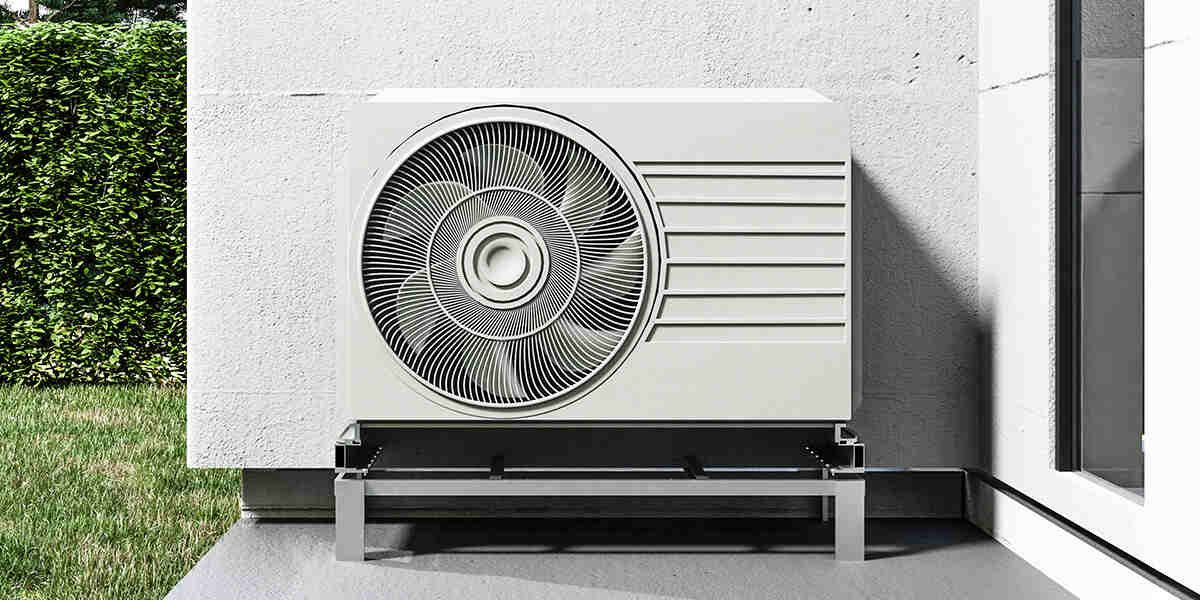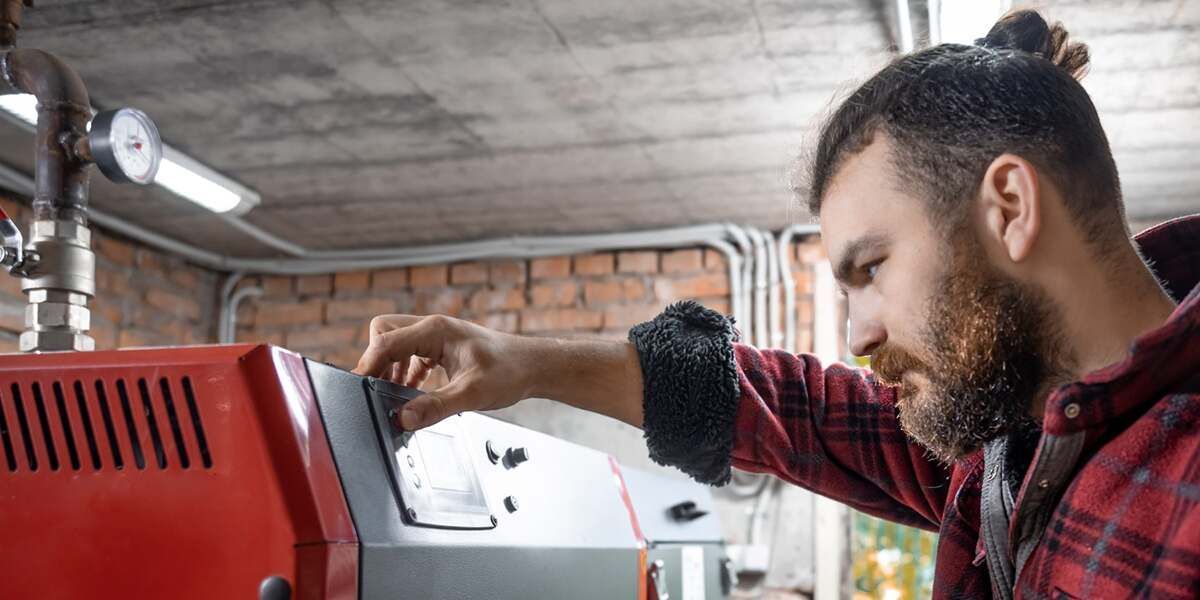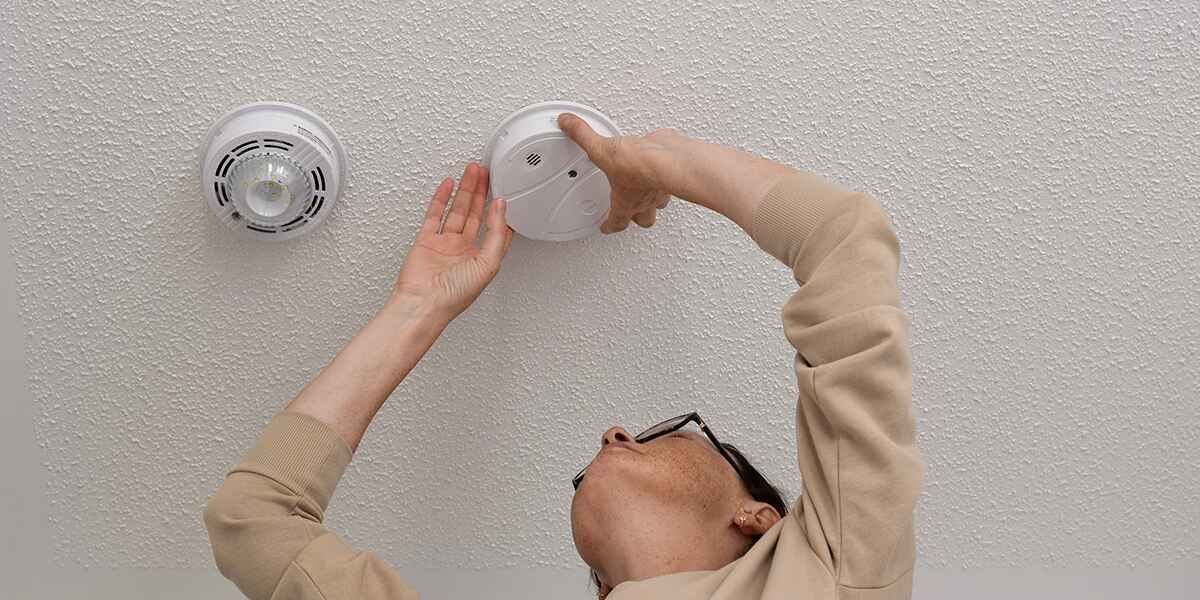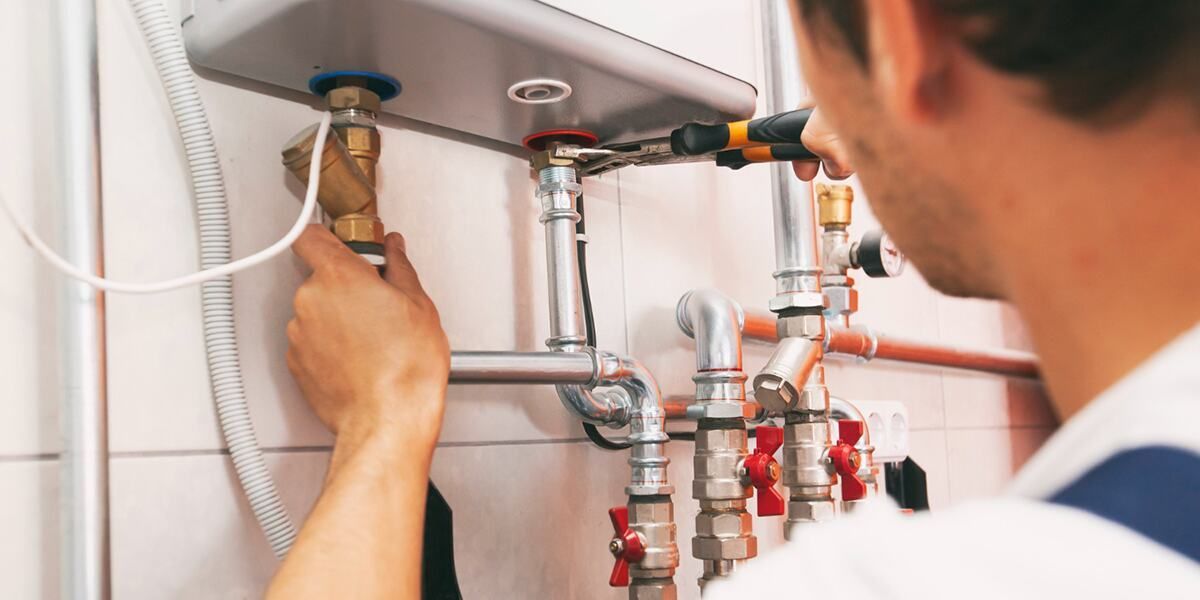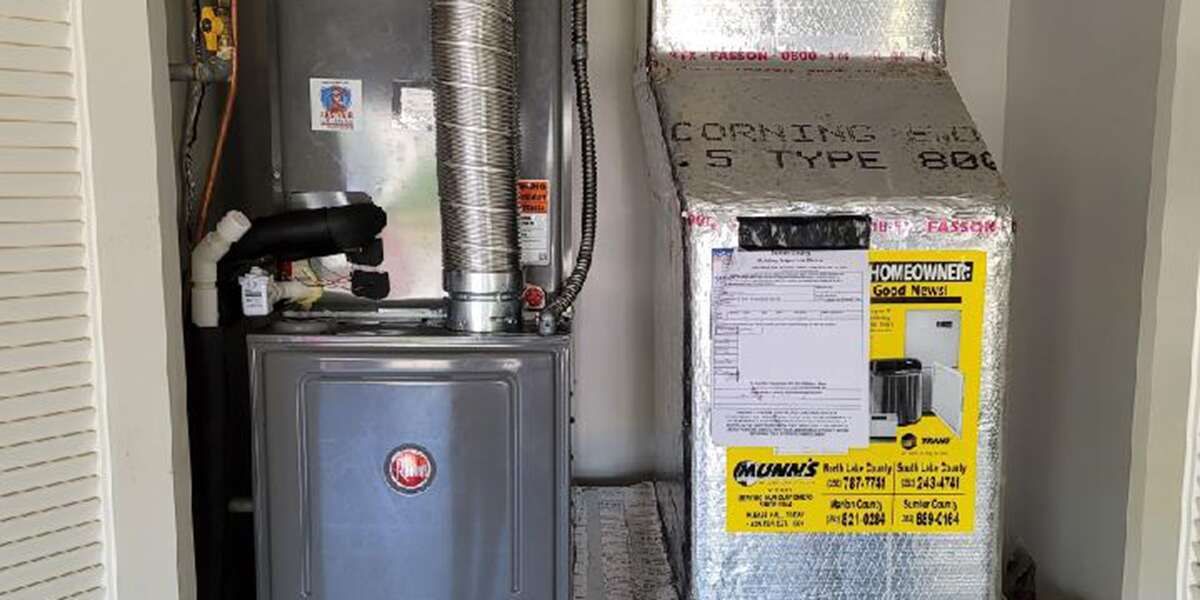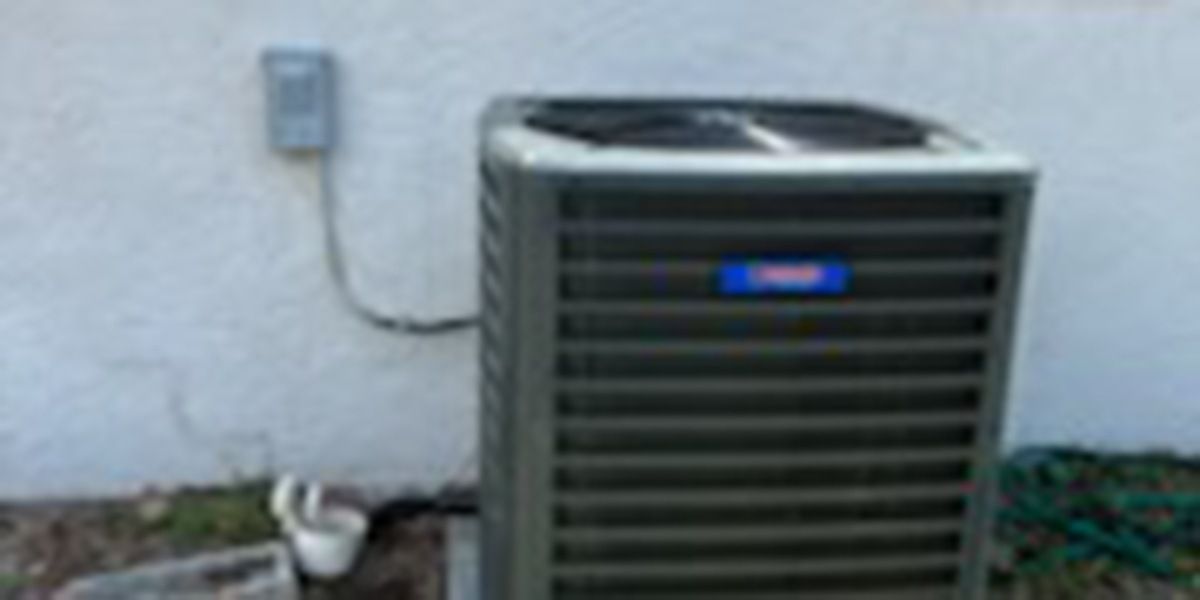EMERGENCY SERVICE AVAILABLE
Pros and Cons of Inverter Air Conditioning
For air conditioner replacements, repairs, and installations, look no further than Fast Air Repair! Call us today at 352-290-7968 for a free consultation and emergency services.
Technology has advanced over time with new air conditioning systems, from the first modern AC in 1902 to today's HVAC units. With each development, we ask new questions about the methods for keeping your rooms at just the right temperature. For example, more people are growing interested in inverter air conditioning.
While the inverter air conditioner has revolutionized comfort in many ways, there are potential downsides to using any machine. Fast Air Repair is the most efficient HVAC contractor in Ocala, FL, and our technicians know the details about inverter air conditioning.
What Is an Inverter Air Conditioner?
Japanese technicians developed and produced the first inverter air conditioner in 1980. Although it has international acclaim, few homes in the United States have one, as they are more used to a conventional air conditioning unit.
Traditional air conditioners use a non-inverter system. The compressor motor in these systems runs at a fixed speed with a fixed power amount. The AC compressor turns on to regulate the environment, then turns off when the room reaches the desired temperature.
In an inverter system, the inverter can change the speed of the compressor motor without turning it off and on in intervals. Instead, a microcontroller inside the unit constantly checks the ambient temperature and adjusts the power given to the compressor accordingly.
The Pros of Inverter Air Conditioning
Inverter air conditioners have several benefits compared to their traditional counterparts. Many improvements in the inverter system have come from the fact it is newer. In addition, designers and manufacturers have increased their understanding of electricity, currents, and airflow.
Some of these improvements include:
Energy Efficiency
Traditional air conditioners and inverter systems have different modes of energy consumption. Since these units turn on and off several times to keep the temperature within the set thermostat limits, they use more electricity. This increased use comes from the energy peaks and fluctuations needed to turn the system on.
Conversely, inverter air conditioners are on constantly, adjusting the compressor motor speed as needed. Inverter units only have to increase the power they use slightly if the temperature changes. By not turning on and building the energy needed to run at a fixed rate, the system is more energy-efficient.
Silent Operation
Because of the constant use and decreased amount of energy needed to function, inverter air conditioning is a quieter process. Instead of turning on and off, the inverter unit makes slight adjustments to the compressor speed. Those changes use less energy and cause less noise than entire motor start-ups.
Rapid Temperature Adjustment
Inverter air conditioning is consistent, making slight changes to ensure the room stays at the preferred temperature. Inverter units also adjust the environment quickly when initially turned on, working at higher speeds until the temperature is right. Then, the unit maintains the status quo at a slower speed.
This process is easier and more energy-efficient than only turning on and running to adjust the temperature after significant changes. The unit also does not allow the room temperature to change much, keeping the area comfortable.
Cost Efficiency
Running a system at a constant but lower speed uses less electricity than a system that constantly turns on. Some buildings decreased their energy consumption by up to 40% over a year with inverter systems. The reduced energy usage means smaller electric bills, allowing home and building owners to save money for other needs.
Aspects of Environmental Friendliness
Inverter air conditioning units connect well with solar panels, allowing them to use solar energy for their function. These units also use updated versions of refrigerants that cause less environmental harm. They also contribute less to harmful gas production because they use less electrical energy than traditional units.
The Cons of Inverter Air Conditioning
As with any technological advances, a few drawbacks may prevent someone from choosing an inverter air conditioner. Remember these shortcomings to make the best decision for your home or building. However, these units can still be a positive investment if the benefits outweigh the detriments.
High Prices
The price is why many residential and commercial buildings have yet to switch to inverter air conditioning. The technology needed for inverter systems is more complex and updated than traditional systems, boosting their prices. Although these systems reduce overall electric bills, it can take up to two years to break even from the initial purchase.
Since the components are expensive, the initial purchase and necessary repairs cost more. The parts for an inverter system can be very sturdy and last a long time. However, if they run down early, replacing these parts is costly.
Therefore, despite their benefits, these units are not as popular as traditional air conditioners.
Necessary Insulation
While this is true for traditional units as well, poor insulation especially affects the efficiency of an inverter system. Inverter air conditioning runs constantly and makes necessary adjustments to the environment. However, if there is poor insulation in the building, the temperature will continue fluctuating, causing the unit to work harder.
The inverter air conditioner has a reduced energy efficiency when it must increase the motor speed for a long time. The constant motor changes may also increase the amount of noise the unit produces. In these cases, it may be best to improve the insulation before considering the air conditioner.
Fast Air Repair Keeps Your Building Comfortable
Fast Air Repair technicians know why you should invest in energy-efficient cooling systems, and we agree with doing so. That is why we work hard to provide the greatest indoor comfort with our HVAC expertise, whether repairing, replacing, installing, or informing. Our customers value the touch of personal care our experienced technicians give them and their commercial and residential buildings.
We are available 24/7 for emergency services, inverter air conditioning, and general HVAC management in Ocala, FL, and surrounding areas. Call Fast Air Repair at
352-290-7968 for your free quote today!
Contact us for Service
Footer - Website Lead
We will get back to you as soon as possible.
Please try again later.
For emergency service, to get a free quote, or if you have questions or special requests, just drop us a line. We Look forward to serving you!
Hours Of Operation
- Mon - Sun
- Open 24 Hours
Emergency Service Available
All Rights Reserved | Fast Air Repair

